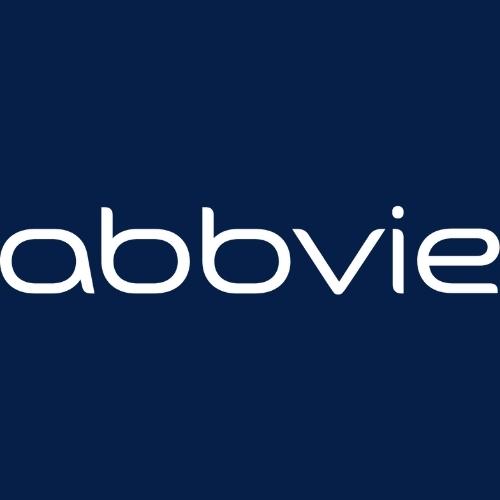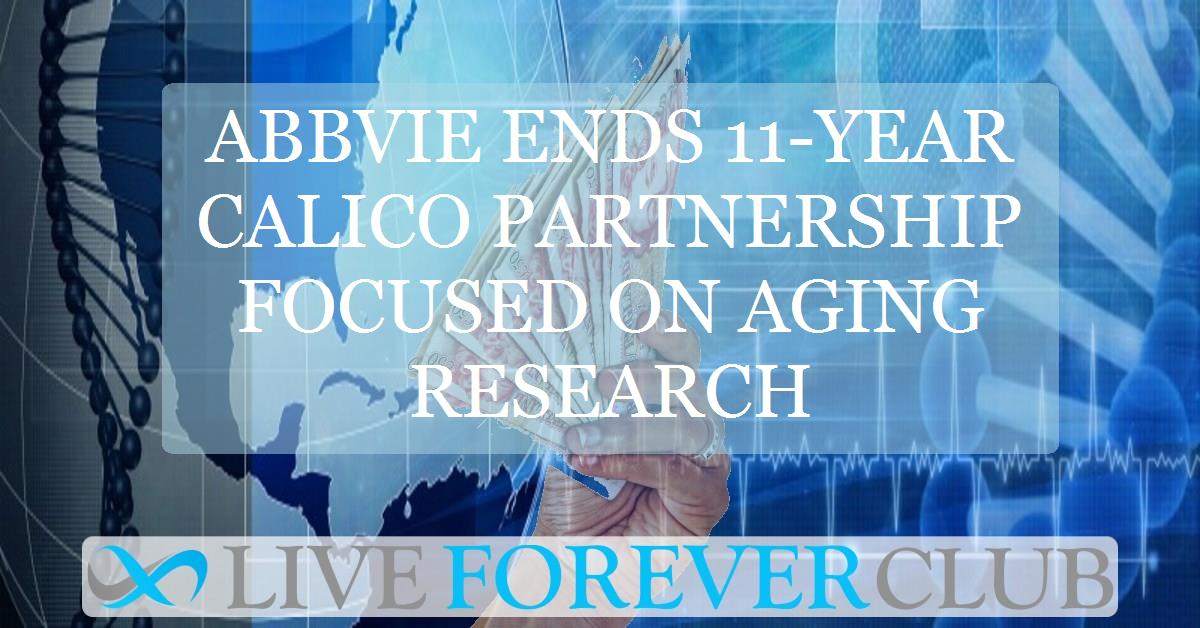Key points from article :
AbbVie has decided to end its 11-year research collaboration with Alphabet’s Calico Labs, marking the close of a high-profile effort to develop therapies for aging and age-related diseases. The partnership, which began in 2014 with an initial investment of up to $1.5 billion and later renewed twice, will now wind down, resulting in layoffs for about 100 employees involved in the joint work, according to Stat.
The collaboration aimed to translate fundamental research on aging into treatments for neurodegenerative and other age-linked disorders. Over the years, AbbVie invested roughly $1.75 billion in the venture. One of its central projects was fosigotifator, a drug candidate for amyotrophic lateral sclerosis (ALS) targeting the eIF2B pathway. However, the therapy failed to significantly slow disease progression in a phase 2/3 trial earlier this year. Another eIF2B-targeting drug from Denali Therapeutics also failed, adding to doubts about the pathway’s viability. The partners had also explored fosigotifator for major depressive disorder and vanishing white matter disease.
Another key program, ABBV-CLS-628—an investigational antibody for autosomal dominant polycystic kidney disease—was recently granted FDA fast-track status and is in a phase 2 recruiting trial. However, AbbVie’s latest pipeline no longer lists the candidate, leaving uncertainty about its future.
The move reflects AbbVie’s strategic shift away from small-molecule R&D toward injectables and genetic medicines. Meanwhile, Calico, founded by Google’s parent company Alphabet and former Genentech CEO Arthur Levinson, appears to be reorganizing its drug discovery leadership. Just weeks before the split, Calico appointed former AbbVie executive Philip Kym, Ph.D., as head of drug discovery, signalling the company’s intent to continue pursuing longevity and aging research independently.







